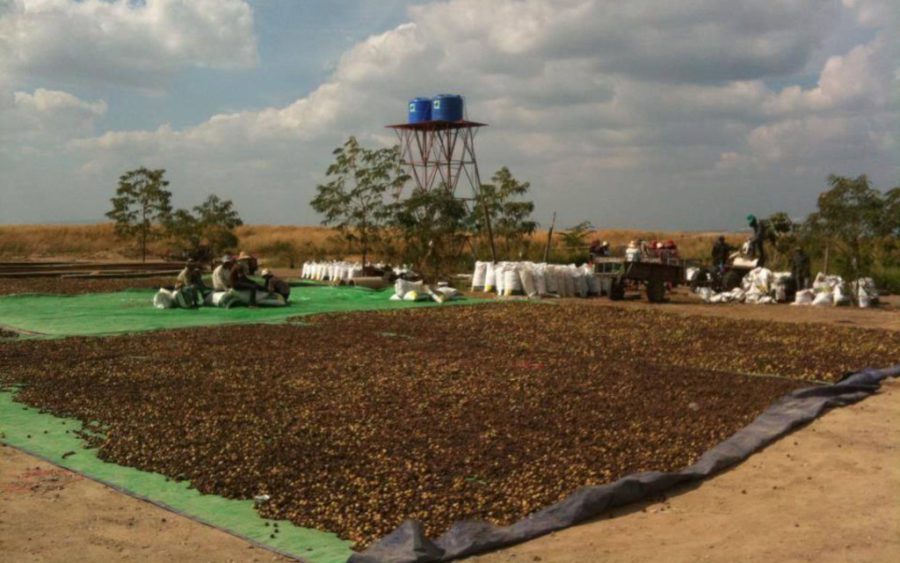Four defendants linked to British businessman Gregg Fryett appealed their prison sentences and fines on Tuesday, claiming that they had nothing to do with the forgery of documents.
The case dates back nearly a decade when Fryett, who headed International Green Energy, and five associates — Ouk Keo Rattanak, Soeun Denny, Dy Pov, Um Sam Ang and Hanh Chamrong — were charged and convicted for fraud with aggravating circumstances, bribery, faking public documents, using those fake documents and clearing and occupying state forests illegally.
The six were given varying court fines and prison sentences. The case was a convoluted one, as evidenced by Tuesday’s appeal hearing where an array of high-profile individuals, including former military chief Ke Kim Yan’s wife, were mentioned and discussed.
The investigation into Fryett stemmed from U.K.’s Serious Fraud Office concluding that he had a “criminal lifestyle,” after which IGE was investigated for forgery linked to a Banteay Meanchey project.
Only four of the defendants — Rattanak, Denny, Sam Ang and Pov — were appealing their prison sentences on Tuesday, each of them testifying to having no involvement in the forging of documents.
Sam Ang claimed that the Interior Ministry and National Police had investigated his involvement in the case and found that he was not involved with the forgery of documents. He said he had only scanned documents and maps given to him and sent them to the parent company in England.
“I have not committed as I was charged. The Phnom Penh Municipal Court’s decision is unjust,” Sam Ang said.
He said he also wanted his machinery returned and to be allowed to operate IGE. He repeated an allegation that two plots of land being used by the firm, totaling around 1,500 hectares, were owned by Mao Malay, wife of former military chief Kim Yan.
Denny, another accused in the case, said he had just started working for IGE, and had been there no more than for four and a half months, but was given a five-year prison sentence.
Still, judge Phlang Samnang queried if Denny had forged documents. “Related to the forging of documents, have you forged any documents?”
“I am just a company staffer and I was in charge of machinery and they handed over documents to me and I did not know whether it was a forged document or not. I just followed orders,” Denny said.
Rattanak, who was a provincial administration official, said he didn’t forge any document and only provided a small kris — a tick used on official documents to confirm that it had been proofread and did not contain any errors — on documents that had been signed by the then-provincial governor.
“The administration drafted [the letter]. I checked the content, spellings and gave a kris. That is it. That is what I was charged with doing,” Rattanak said.
Of four plaintiffs in another appeal related to the enterprise, only two — Preap Phe and Moung Ly — were present in court, both asking for hefty damages from the company for failing to provide work to workers and for money they invested to acquire land.
Phe said he had spent $200,000 to prepare 3,000 hectares of land for a jatropha plantation. Ly’s claim was even higher — he had prepared 310,000 hectares of land in 11 provinces and 50 locations for planting jatropha, he said. They wanted $1.5 million and at least $1 million in compensation, respectively.
Judge Samang is expected to announce the verdict on December 22.
Correction: An earlier version of this article misstated the number of defendants appealing their convictions.













